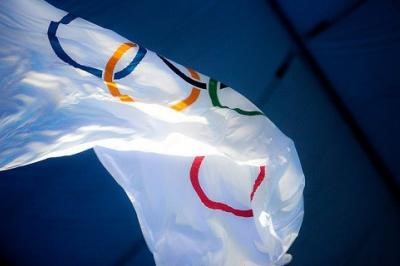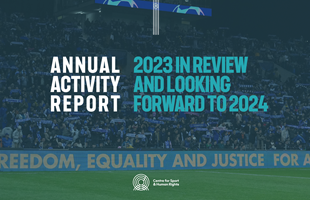Harnessing Human Rights to the Olympic Games: Human Rights Watch and the 1993 ‘Stop Beijing’ Campaign
15 Aug 2016
Author - Barbara Keys

Abstract
In 1993 Human Rights Watch, one of the two most influential human rights organizations in the world, launched a major campaign to derail Beijing's bid to host the 2000 Olympic Games. This article situates this highly publicized campaign in the context of Sino–US relations, the end of the Cold War, and the ‘victory’ of human rights as a global moral lingua franca. It argues that Human Rights Watch's decision to oppose Beijing's bid stemmed from its new post-Cold War focus on China combined with the organization's search for new ways to secure media attention and the funding that flowed from publicity. The campaign most likely swayed the International Olympic Committee's close vote in favor of Sydney. It also brought Human Rights Watch a windfall of favorable publicity among new audiences. The article argues that the campaign irrevocably inserted broad-based human rights considerations into the Olympic Games, decisively moving moral claims-making around the Olympics beyond the playing field. It also linked Human Rights Watch's moral legitimacy to US power in problematic ways and triggered a powerful anti-US backlash in China.



